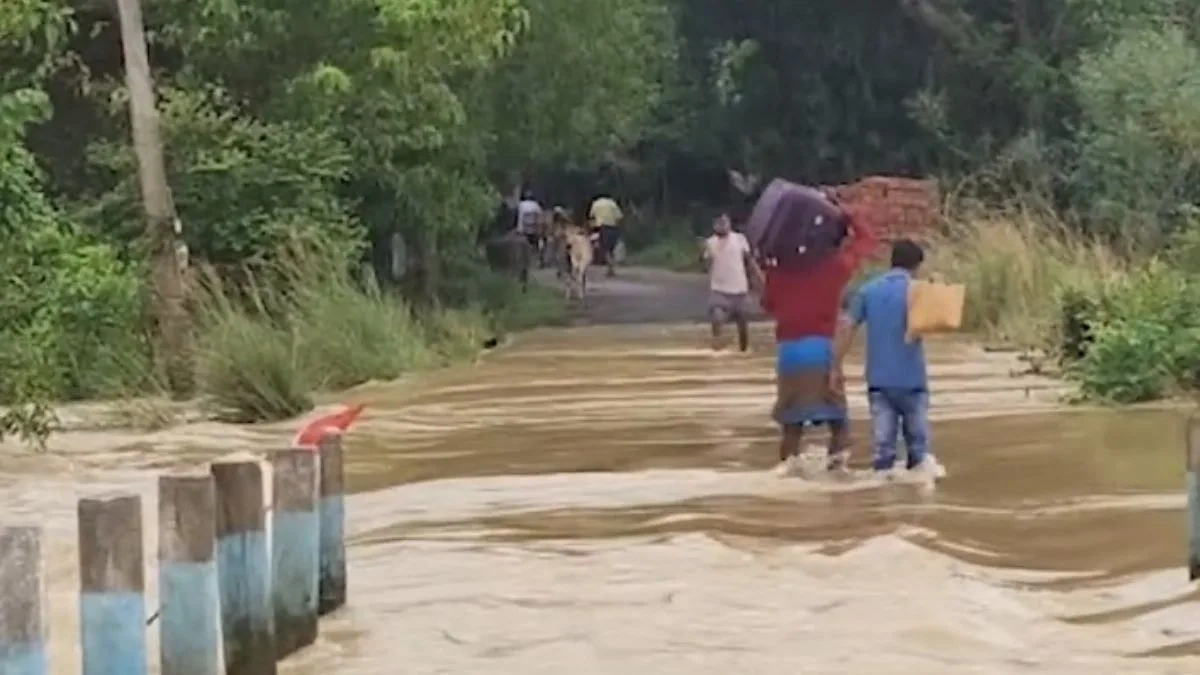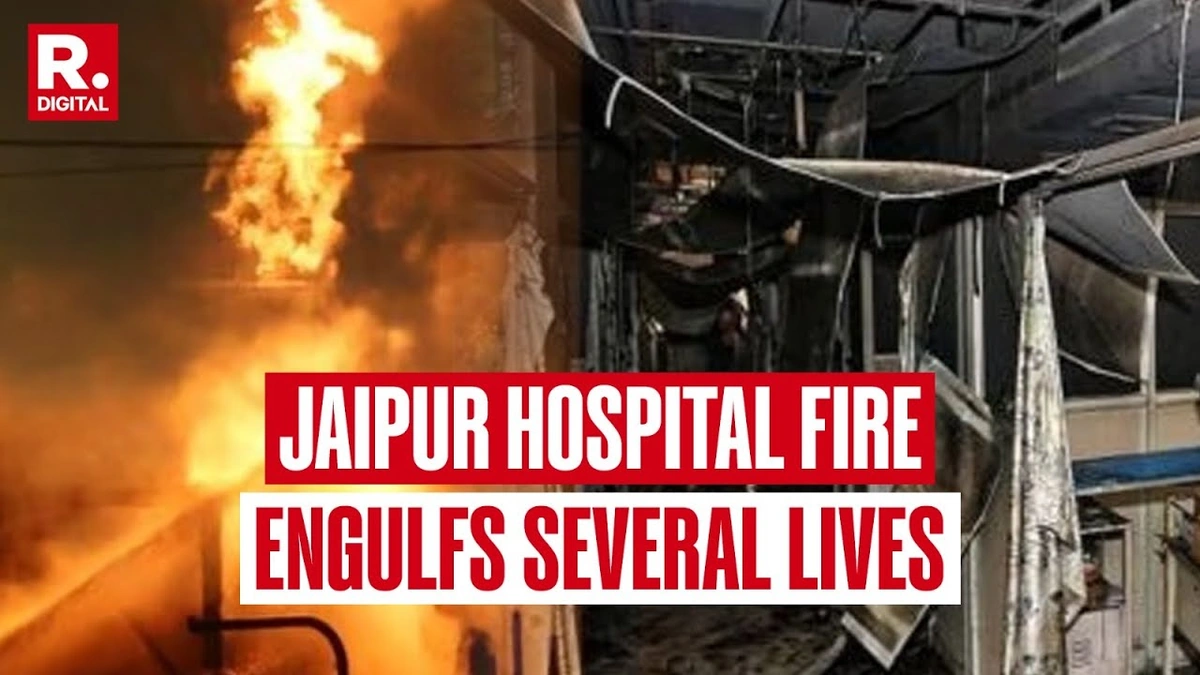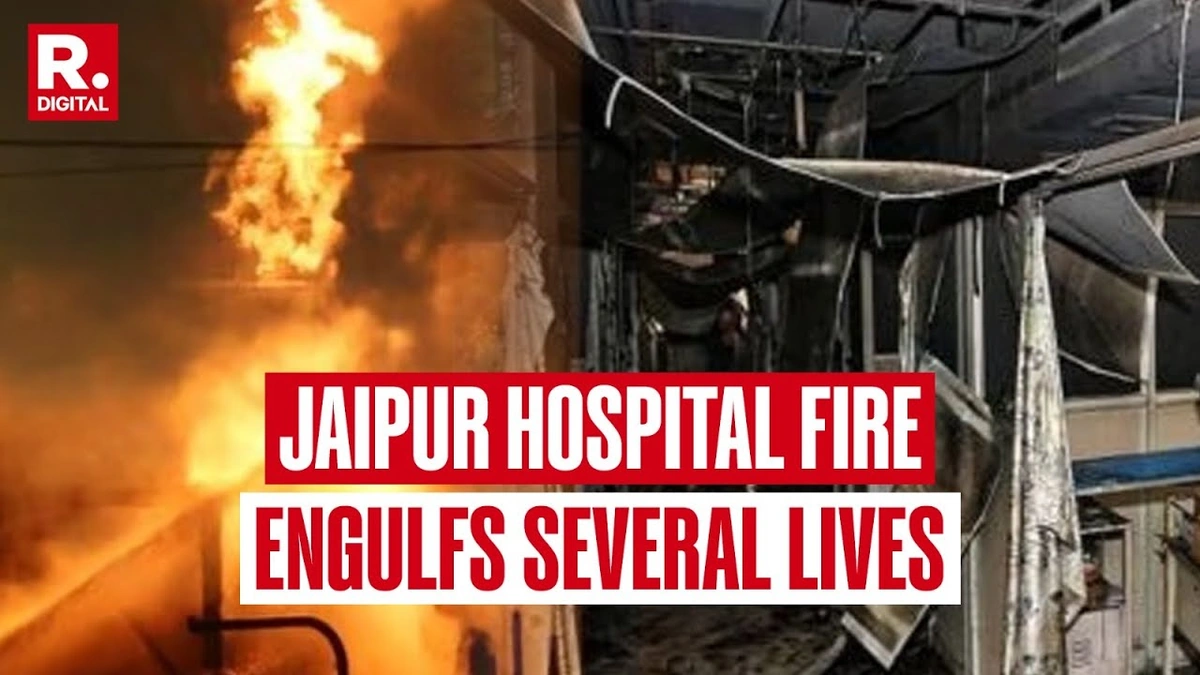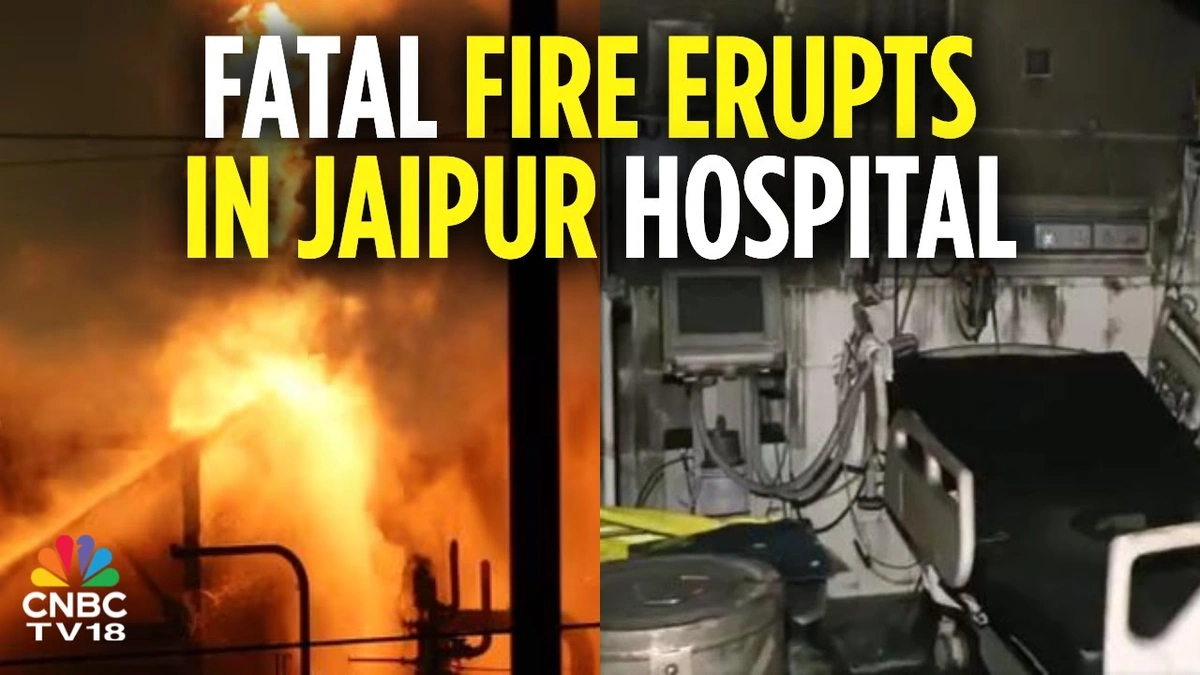Mamata Banerjee Announces Rs 5 Lakh Aid and Jobs for Flood Victims’ Families
Okay, let’s be real. When you hear about disaster relief, the first thought that probably pops into your head is, “Will it actually help?” We’ve all seen the headlines, the promises… and then… well, sometimes the reality doesn’t quite match up. So, when Mamata Banerjee announced Rs 5 lakh in aid and jobs for families affected by the recent floods, it’s natural to be a bit skeptical. But, let’s dive into what this really means, beyond the press release.
The Big Question | How Will the Aid Actually Reach People?
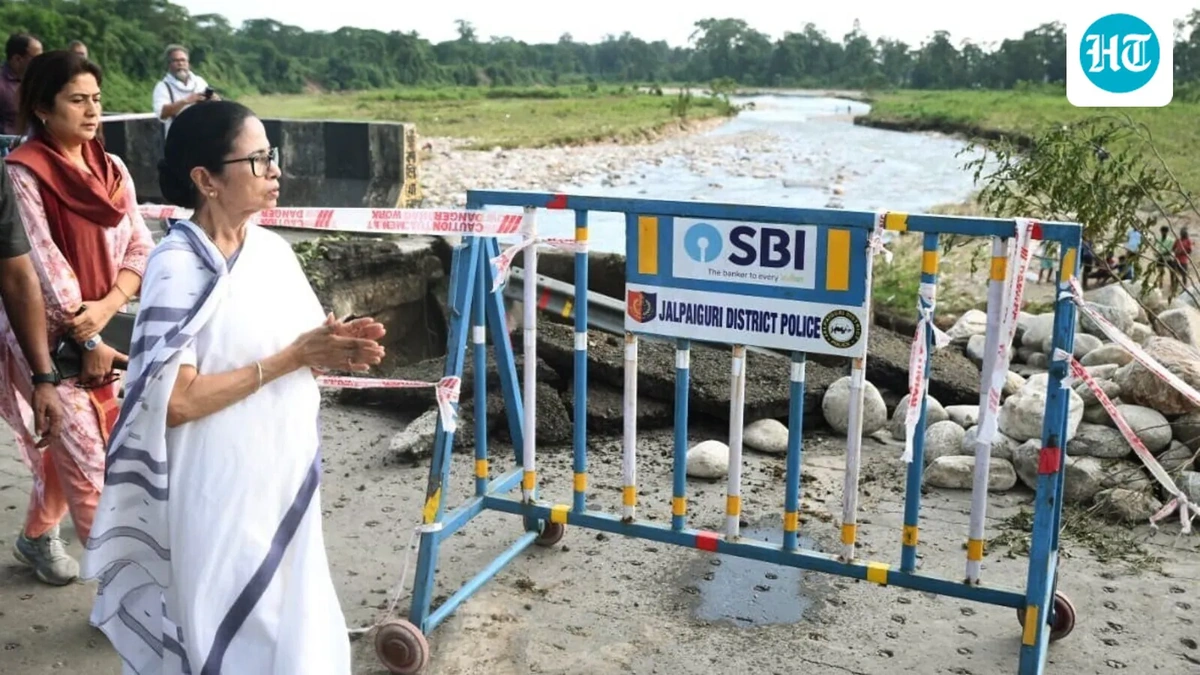
Here’s the thing: announcing aid is one thing; delivering it effectively is another. What fascinates me is the logistics – how do you ensure the money gets to the right people, quickly and without getting bogged down in bureaucracy? From what I gather, the West Bengal government is planning to distribute the funds through direct bank transfers. Good move. No middlemen.
Direct Benefit Transfer (DBT) can be a game-changer. It cuts out a lot of the potential for corruption and delays. But , and this is a big but, it only works if the affected families have bank accounts and the system is robust enough to handle a sudden influx of transactions. Are there enough banking correspondents in the flood-affected areas? Are the local bank branches equipped to handle the increased volume of transactions? These are the questions we need answers to.
And then there’s the issue of documentation. Many people who have lost their homes and belongings in the floods may also have lost their IDs and other essential documents. How will they be able to prove their eligibility for the aid? The government needs to have a streamlined process in place to help people get replacement documents quickly. This can determine the effectiveness of disaster relief .
Beyond the Money | The Promise of Jobs
Rs 5 lakh is a significant amount, no doubt. But let’s be honest – it’s not going to solve everything. That’s where the promise of jobs comes in. Offering employment to flood-affected families is a smart move because it provides a sustainable source of income. But, what kinds of jobs are we talking about here? Are they going to be meaningful, well-paying jobs, or just temporary, low-wage positions?
Ideally, the government should focus on creating jobs that are aligned with the skills and experience of the affected people. This could involve providing training and skills development programs to help them acquire new skills or upgrade existing ones. For example, if a person was a farmer before the floods, perhaps they could be trained in new agricultural techniques or given assistance to start a small business related to agriculture. Or people could look at AI generated solutions .
The Emotional Toll | Addressing the Unseen Wounds
Here’s something we often overlook: the psychological impact of disasters. Losing your home, your belongings, and maybe even loved ones can be incredibly traumatic. The Mamata Banerjee flood relief package focuses on the financial aspect of flood relief. It’s essential, no question. But it’s equally important to address the emotional and psychological needs of the affected people.
Providing access to counseling and mental health services can help people cope with their grief, anxiety, and trauma. Creating community support groups where people can share their experiences and support each other can also be incredibly helpful.
And let’s not forget the children. Floods can be particularly devastating for children, who may experience fear, anxiety, and separation anxiety. Providing them with a safe and supportive environment where they can play, learn, and express their feelings is crucial for their well-being. According to many experts, providing children with a sense of normalcy can help them bounce back and regain their balance.
It’s also important to focus on long-term recovery , because things change and it’s important to find out what can be done to mitigate risk.
Transparency and Accountability | The Key to Success
Ultimately, the success of this flood relief package will depend on the level of transparency and accountability that the government demonstrates. The public needs to know exactly how the money is being spent, who is receiving it, and what the outcomes are. Regular updates and reports on the progress of the relief efforts can help build trust and ensure that the aid is being used effectively. The best approach is complete transparency.
It’s also important to have mechanisms in place to prevent corruption and ensure that the aid reaches the intended beneficiaries. This could involve setting up independent monitoring committees or using technology to track the flow of funds.
Looking Ahead | Building Resilience for the Future
West Bengal flood relief is only a start. Climate change is only going to increase the frequency and intensity of extreme weather events. That means we need to start thinking about how to build resilience in our communities. This could involve investing in infrastructure that can withstand floods, developing early warning systems, and educating people about how to prepare for and respond to disasters. Investing in resources such as flood barriers, improving the drainage systems, and building houses on elevated platforms are critical investments that will help people and communities handle floods.
FAQ Section
Frequently Asked Questions
How do I apply for the Rs 5 lakh aid if I’ve lost my documents?
Contact your local panchayat or municipal office. They should have a process in place to help you get replacement documents and register for the aid. The flood relief program has to have ways to support residents in this situation.
What kind of jobs are being offered to flood-affected families?
The government hasn’t released a detailed list yet, but they’ve indicated that the jobs will be in various sectors and will be based on the skills and experience of the applicants.
How long will it take to receive the aid money?
The government aims to disburse the funds as quickly as possible, but the exact timeline will depend on the number of applications and the efficiency of the banking system.
What if I don’t have a bank account?
The government should be facilitating the opening of new bank accounts for those who don’t have them. Contact your local bank or panchayat office for assistance.
How can I get involved in the flood relief efforts?
You can donate to reputable charities or volunteer your time to help with the relief efforts. Contact your local NGOs or community organizations to find out how you can help.
Mamata Banerjee ‘s announcement is a welcome step, but the real test will be in the implementation. Let’s hope the aid reaches those who need it most, and that it helps them rebuild their lives and their communities. This financial assistance is much needed by many families and communities.
